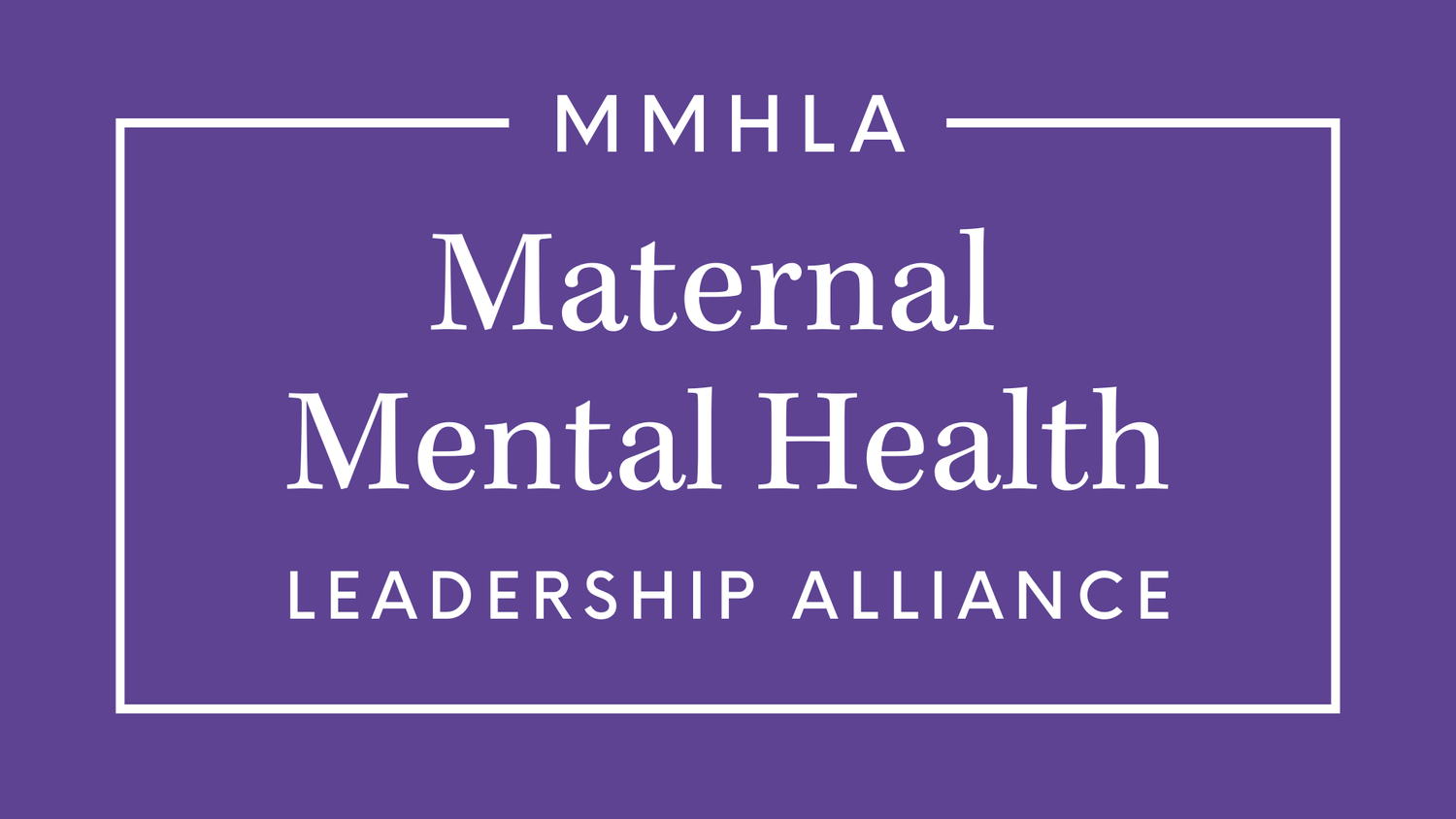Why Black Women are Dying at 2-3 Times the Rate of White Women
On Thursday, May 19, Louisiana Senator Bill Cassidy, a physician, stated in an interview, “For whatever reason, people of color have a higher incidence of maternal mortality.”
Senator Cassidy, here are the facts about why people of color have a higher incidence of maternal mortality:
According to the Centers for Disease Control and Prevention, Black women die in the perinatal period (during pregnancy and year following pregnancy) at 2-3 times the rate of White women.1
The maternal mortality rate for Black women has increased from 37 deaths per 100,000 live births to 55.3 deaths per 100,000 live births from 2018 to 2020.1
In a national study of five medical complications that are common causes of maternal death and injury, black women were two to three times more likely to die than white women who had the same condition.2
Almost 40% of Black mothers and birthing people experience maternal mental health (MMH) conditions — including anxiety, depression, post-traumatic stress disorder, obsessive-compulsive disorder, and bipolar illness – during the perinatal period.3,6
Compared to white women, Black women are twice as likely to experience MMH conditions but half as likely to receive treatment.6,9
Factors that contribute to the higher rates of maternal mental health conditions and maternal mortality for Black women include:3-6
Systemic racism
Unemployment
Exposure to violence
Gaps in medical insurance
Lack of access to high-quality medical and mental health care
Lack of representation in the medical system
Higher risk of pregnancy and childbirth complications
Black people are disproportionately impacted by Social Determinants of Health—the conditions in which people are born, live, work, play, worship, and age—including:10
Safe housing, transportation, neighborhoods
Racism, discrimination, violence
Education, job opportunities, income
Access to nutritious foods and physical activity opportunities
Language and literacy skills
In addition, Black women and birthing people face significant barriers to accessing care:
Systemic and Interpersonal Racism – The cumulative effect of systemic and interpersonal racism takes a toll on the physical and emotional health of Black people. Stress, anxiety, and fear all increase the likelihood of developing MMH conditions.5-8
Distrust of the Healthcare System – Historically, many Black people have been mistreated and harmed by medical providers, creating deep mistrust of the health care system.3,5
Shame and Stigma – The pressure of social stigma encourages Black people to keep their problems private to avoid appearing crazy, weak, or lacking faith. Having to be a “strong Black women” prevents many women from seeking help.5,6,9
Fear of Child Protective Services – Child welfare workers deem Black mothers unfit at a higher rate than white mothers, even when controlling for factors such as education and income.6,11
Logistical barriers. Issues such as transportation, time off from work, and childcare can prevent women from seeking care.6,11
Statistically significant increase in rate from previous year (p < 0.05).
Race groups are single race.
Source: National Center for Health Statistics, National Vital Statistics System, Mortality
So what can be done? Here are some strategies to remove barriers to care for Black women:6-9
Acknowledge the role of racism and cultural oppression.
Build long-term, respectful relationships with community organizations and leaders.
Embed diversity in the maternal and mental health care teams.
Retrain and educate current health care professionals on culturally sensitive mental health curriculum.
Provide social support for pregnant and postpartum people.
Create mental health screenings that are designed for women of color.
Support political and economic policies that help empower communities.
Create services informed by cultural humility and holistic care.
References
Centers for Disease Control and Prevention. National Center for Health Statistics. Maternal Mortality Rates in the United States, 2020. Available online 5/25/2022.
Tucker et al (2007). The Black-White Health Disparity In Pregnancy-Related Mortality From 5 Conditions: Differences in Prevalence and Case-Fatality Rates.
UPMC Health Beat (2020). Black Maternal Mental Health: The Challenges Facing Black Mothers.
Martin and Montagne (2017). Lost Mothers: Maternal Care and Preventable Deaths. Maternal Mental Health Care: Insights From Black Women Stakeholders.
Parker (2021). Reframing the Narrative: Black Maternal Mental Health and Culturally Meaningful Support for Wellness.
Taylor and Gamble (2017). Suffering in Silence: Mood Disorders Among Pregnant and Postpartum Women of Color.
Matthews et al (2021). Pathways to Equitable and Antiracist Maternal Mental Health Care: Insights From Black Women Stakeholders.
CLASP (2020). Advancing Racial Equity in Maternal Mental Health Policy.
Kozhimanill et al (2011), Racial and Ethnic Disparities in Postpartum Depression Care Among Low-Income Women.
U.S. Department of Health and Human Services, Office of Disease Prevention and Health Promotion Website. Healthy People 2030. Social Determinants of Health.
Feldman and Pattani (2019). Black Mothers Get Less Treatment for Postpartum Depression.
